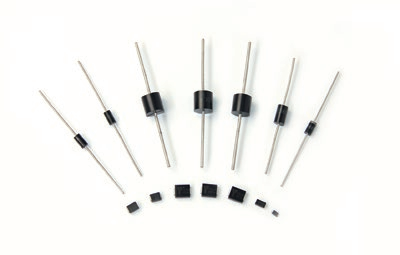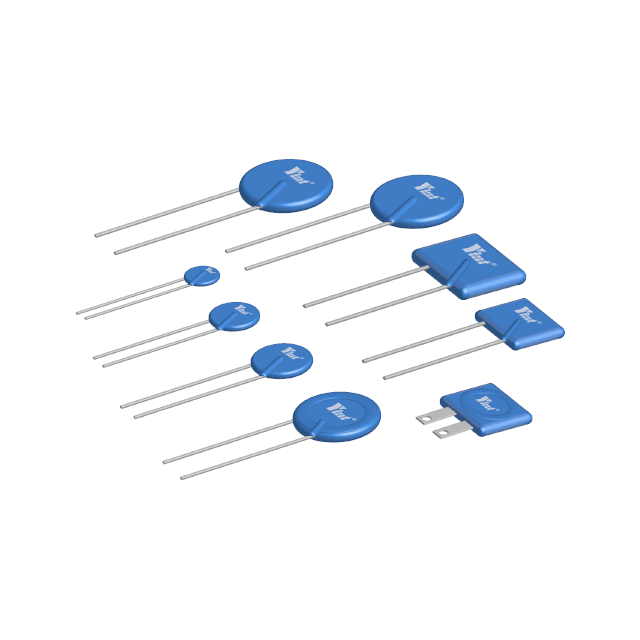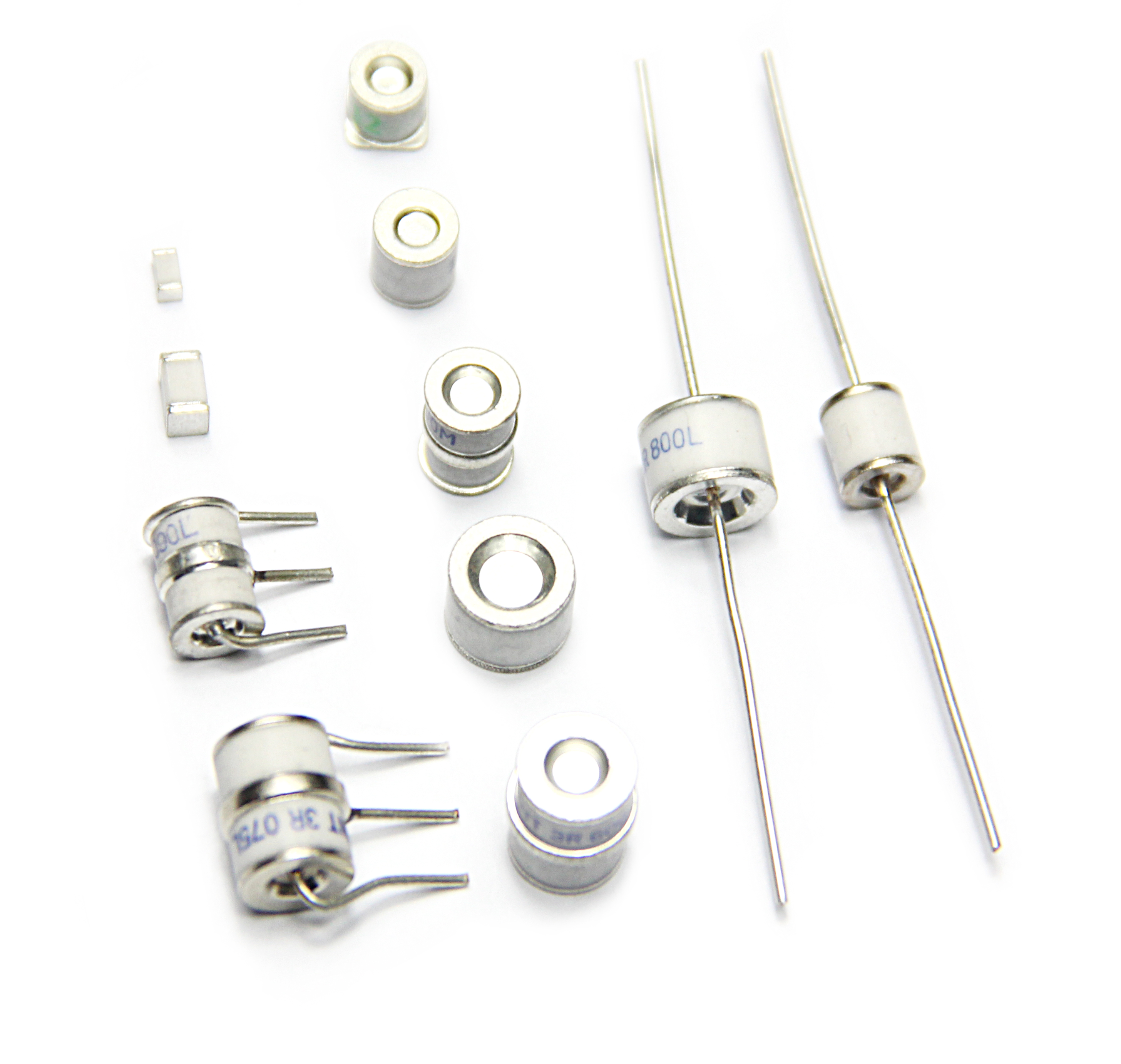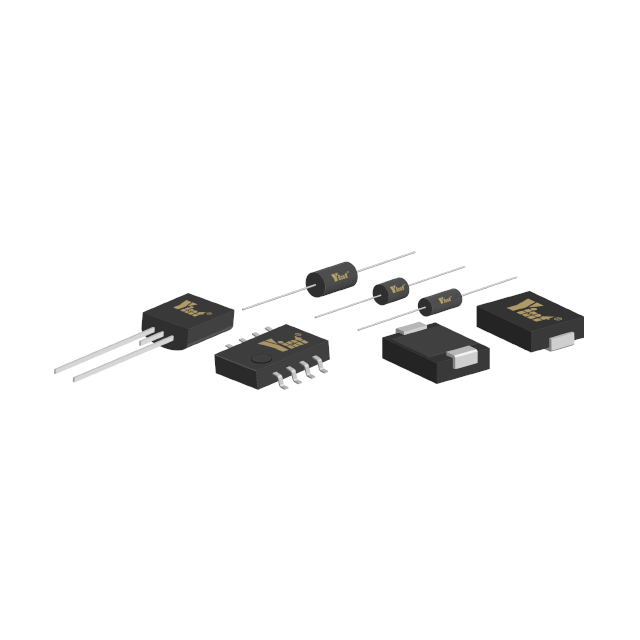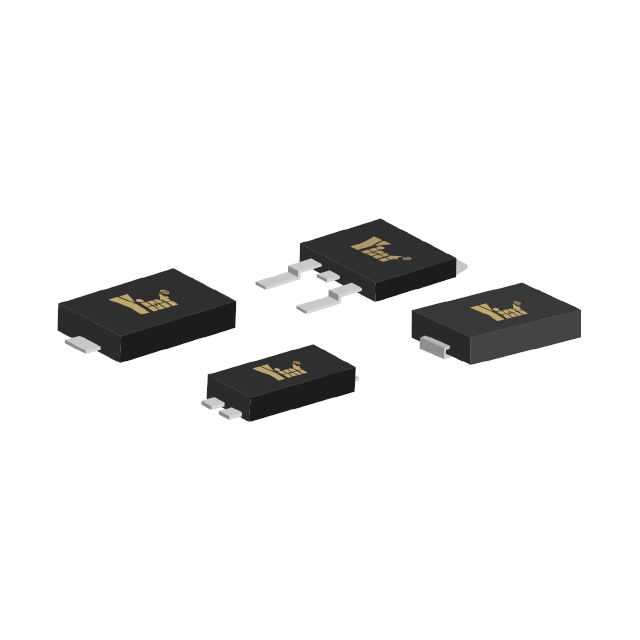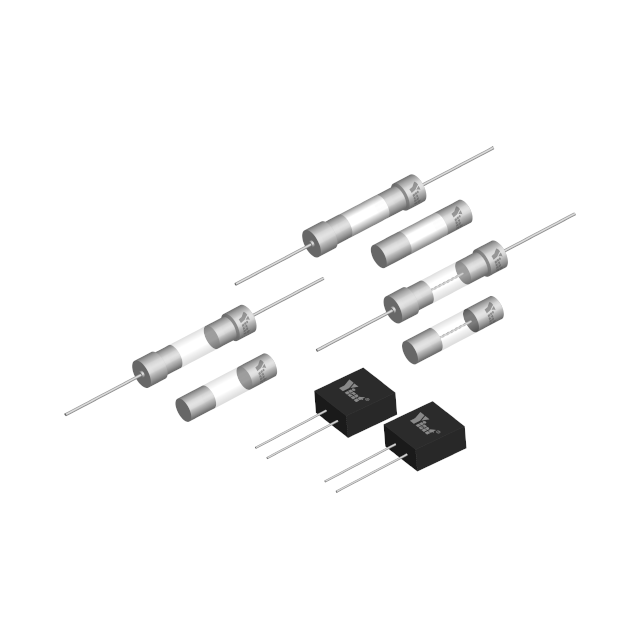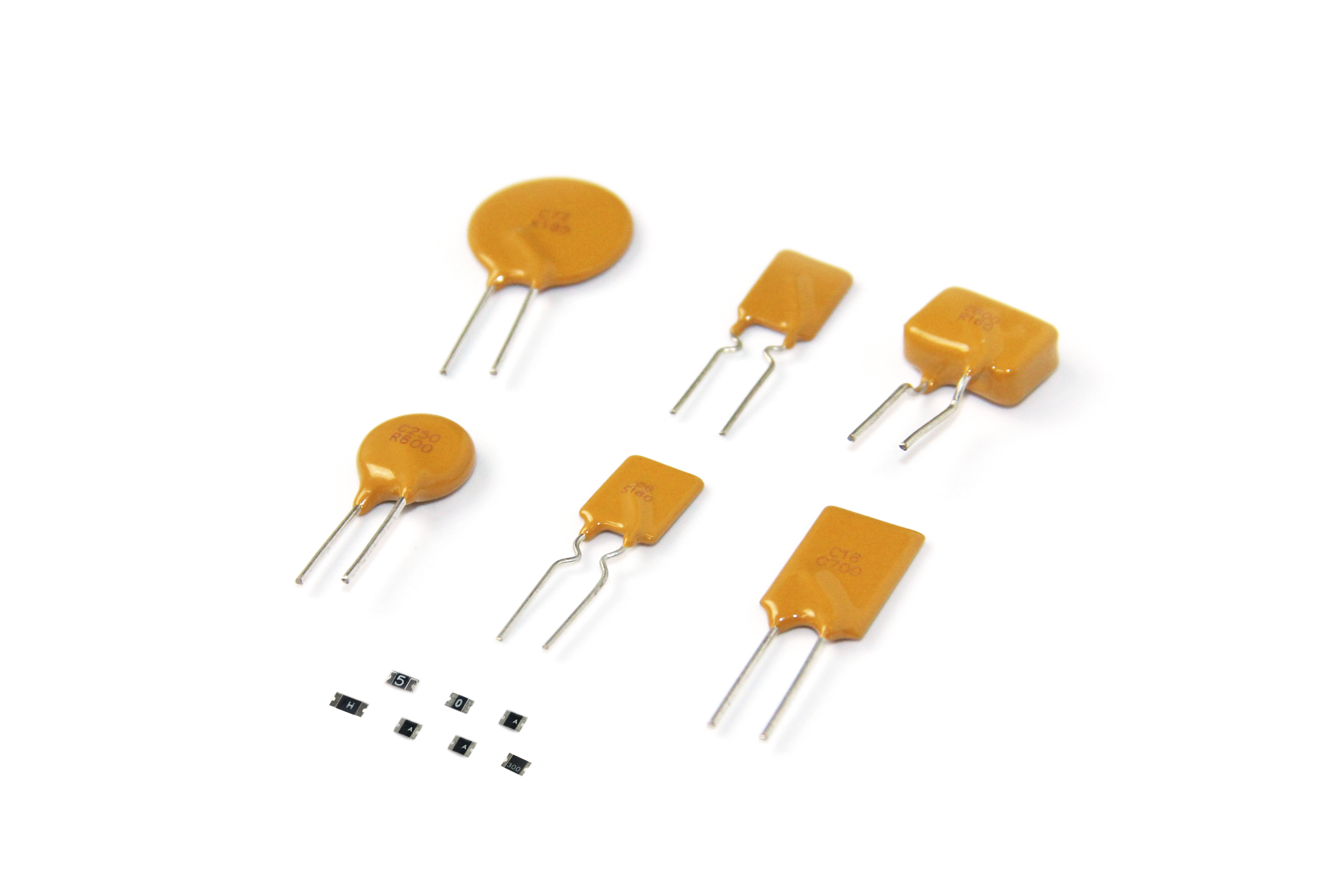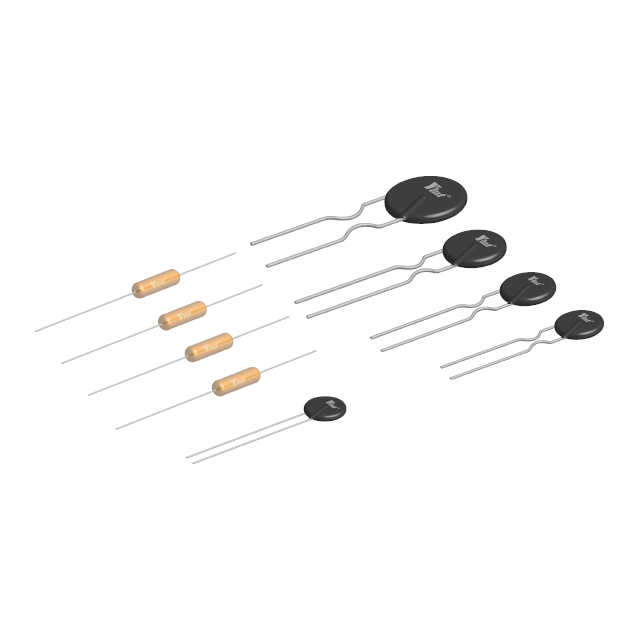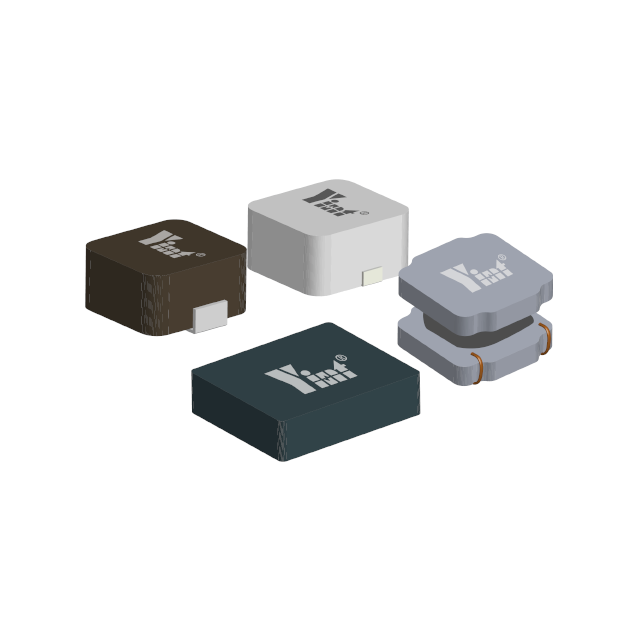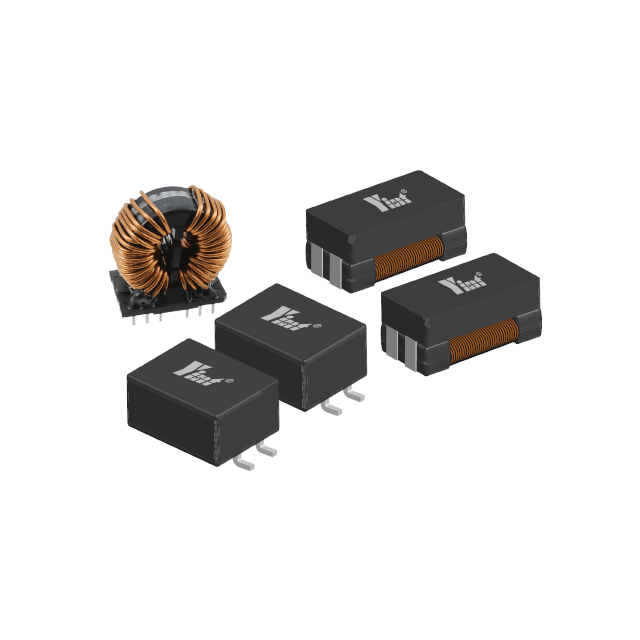Rapidus CEO:The dream of 2nm single wafer will be realized in 2027
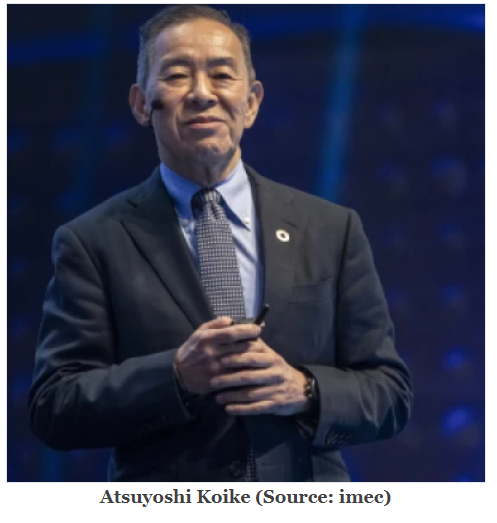
In an exclusive interview with EE Times in Brussels, Rapidus CEO Atsuyoshi Koike said that Rapidus will get a boost from Japan's CHIPS Act and IBM to start Japan's only manufacturing Semiconductor foundries for the most advanced silicon, just two years behind industry giant TSMC. Koike and his team of more than 100 people are taking on the once-in-a-lifetime challenge.
Koike is a chip industry veteran who most recently worked at Western Digital and founded Japanese foundry Trecenti 20 years ago. Koike said the company failed because it was too closely tied to chipmaker Hitachi.
Koike aims to revolutionize the standard practice of processing hundreds of wafers at a time. Rapidus plans to quickly eliminate production issues and reduce cycle times by extracting data from a single wafer instead of hundreds of wafers. The company will also accelerate production using wafer-bonding technology, which is just starting to gain industry adoption. "We can attach one wafer to another in different ways to shorten the cycle time," Koike said. "It's a new idea."
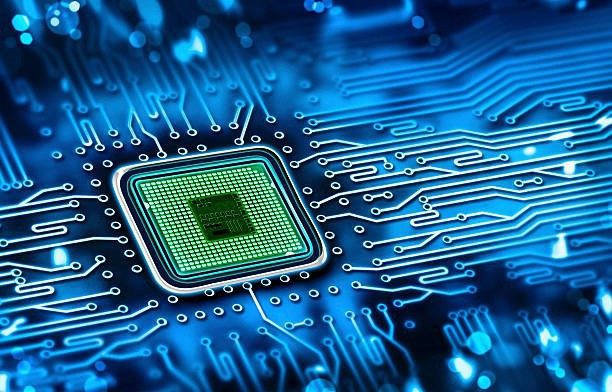
Rapidus will start producing 2nm chips by 2027, relying on the help of Japan's CHIPS Act and an alliance with IBM. This is after TSMC launches its 2nm process in 2025. Nohara is responsible for enforcing the country's CHIPS Act. Japan and the United States have been working to reduce reliance on China for their semiconductor supply chains, and Rapidus is a product of that partnership. "Global partnerships in R&D and mass production of next-generation semiconductors are the most important part of our strategy," Nohara said at the ITF World event in May, organized by the Interuniversity Microelectronics Center (imec) in Brussels. Rapidus, The cooperation between imec and IBM is its first project. "
Imec will help Rapidus develop the building blocks needed for mass production of 2nm chips that can be used in 5G communications, quantum computing, data centers, autonomous vehicles and digital smart cities. Costing $37 billion to get started, Rapidus will need to invest about $37 billion to start production, Koike said. Neither he nor METI's Nohara said how much the Japanese government would subsidize.
TSMC's new $8.6 billion chip factory in Japan will receive subsidies from the Ministry of Economy, Trade and Industry, covering 40 percent of the cost, according to an article in Foreign Policy. According to Reuters, Rapidus will receive subsidies worth about $2.5 billion from METI.
Koike said the Japanese government's financial support may not be as generous as elsewhere, such as the United States and Europe, which are implementing their own CHIPS laws. "Government support for the semiconductor industry is strong," Koike said. "I don't think the situation is so good in Japan," Koike said. Big Japanese companies including Sony, NTT Communications and a joint venture between Toyota and Denso will invest in Rapidus, Koike said. He did not disclose the size of the investment. Rapidus plans to perform assembly and testing at its factory, including heterogeneous integration. This also simplifies cycle time.
"This is a key issue because Japan is 10 to 15 years behind in logic technology," he said. He also said that Rapidus does not intend to compete directly with TSMC in the foundry business. “We want to target specific manufacturing markets for this technology,” he said, noting that areas of focus include high-performance computing and edge computing combined with artificial intelligence.
As soon as the car chip was mentioned, Koike's eyes lit up. "The auto industry is an opportunity," he said. "Edge computing is a potentially great opportunity."
Given the prudent strategy of the Japanese government, Rapidus succeeded Chances are great.
"Japan has taken a more strategic and balanced approach," he said. "They're not trying to overtake TSMC. They're saying, 'We want these companies to be players in the next generation of technology.'"
The main challenge for Rapidus will be to commercialize the 2nm technology announced by IBM in May 2021, the world's first rollout of 2nm technology at the company's semiconductor research facility in Albany, New York.
Yint electronic products: SMDJ Series 5000W TVS Diode、SMDJ Series 3000W TVS Diode、SMAJ Series 400W TVS Diode、SOD323 ESD Diode、SOD523 ESD Protection Diode、7D Series 7D511K 7D471K MOV Varistor and so on.

